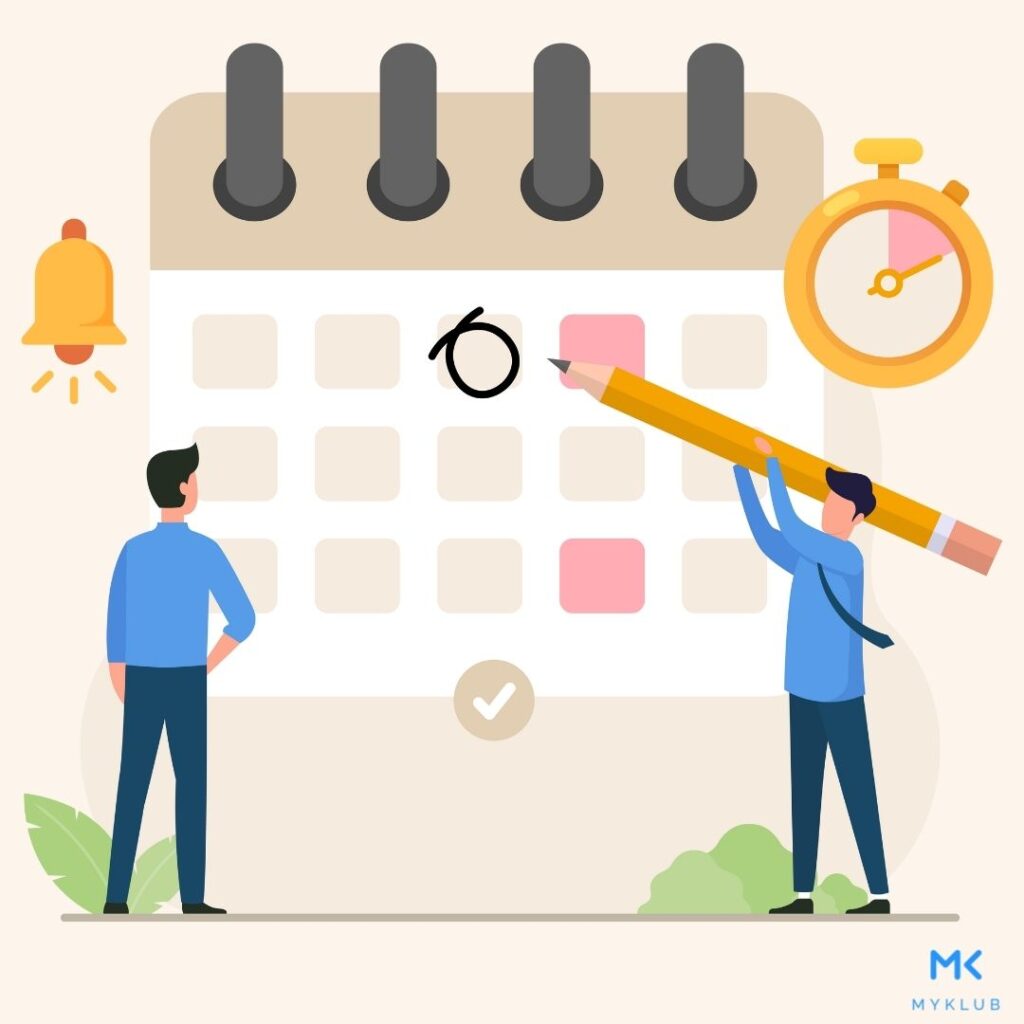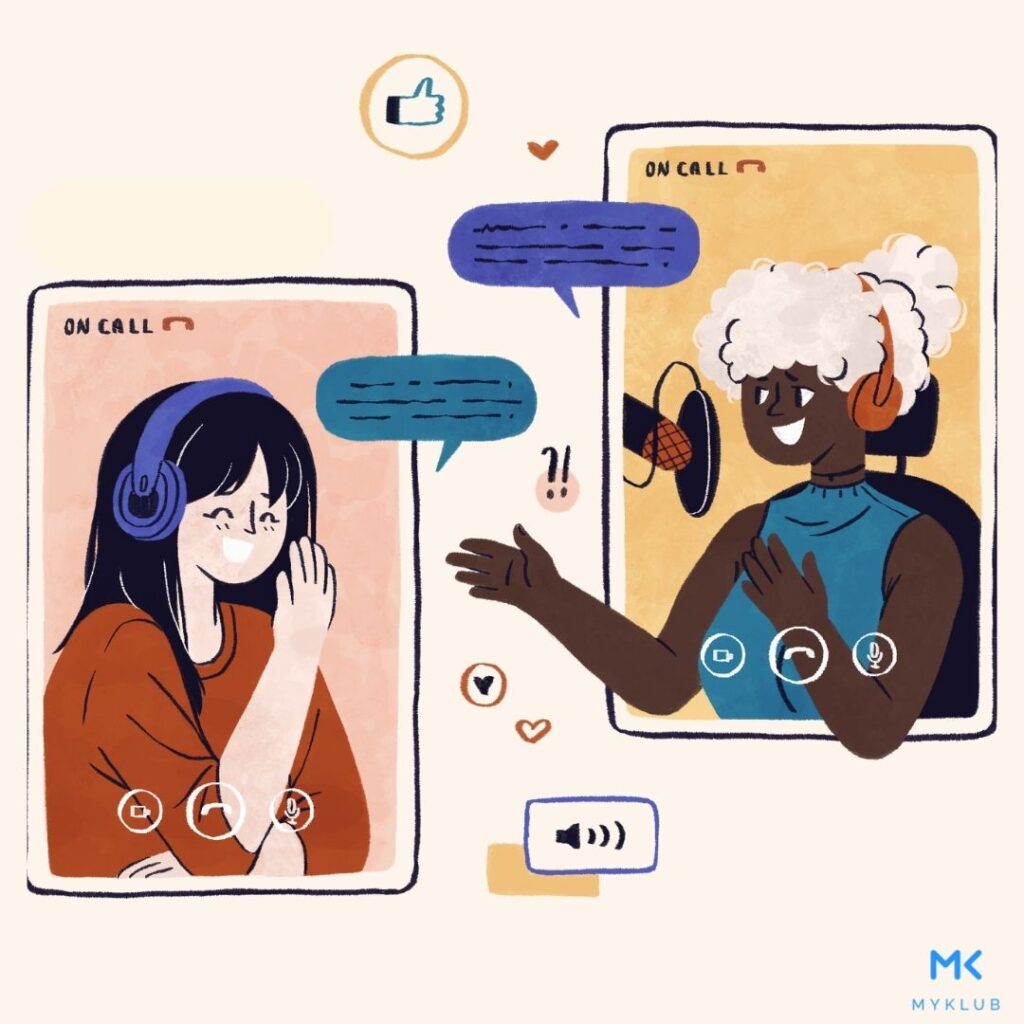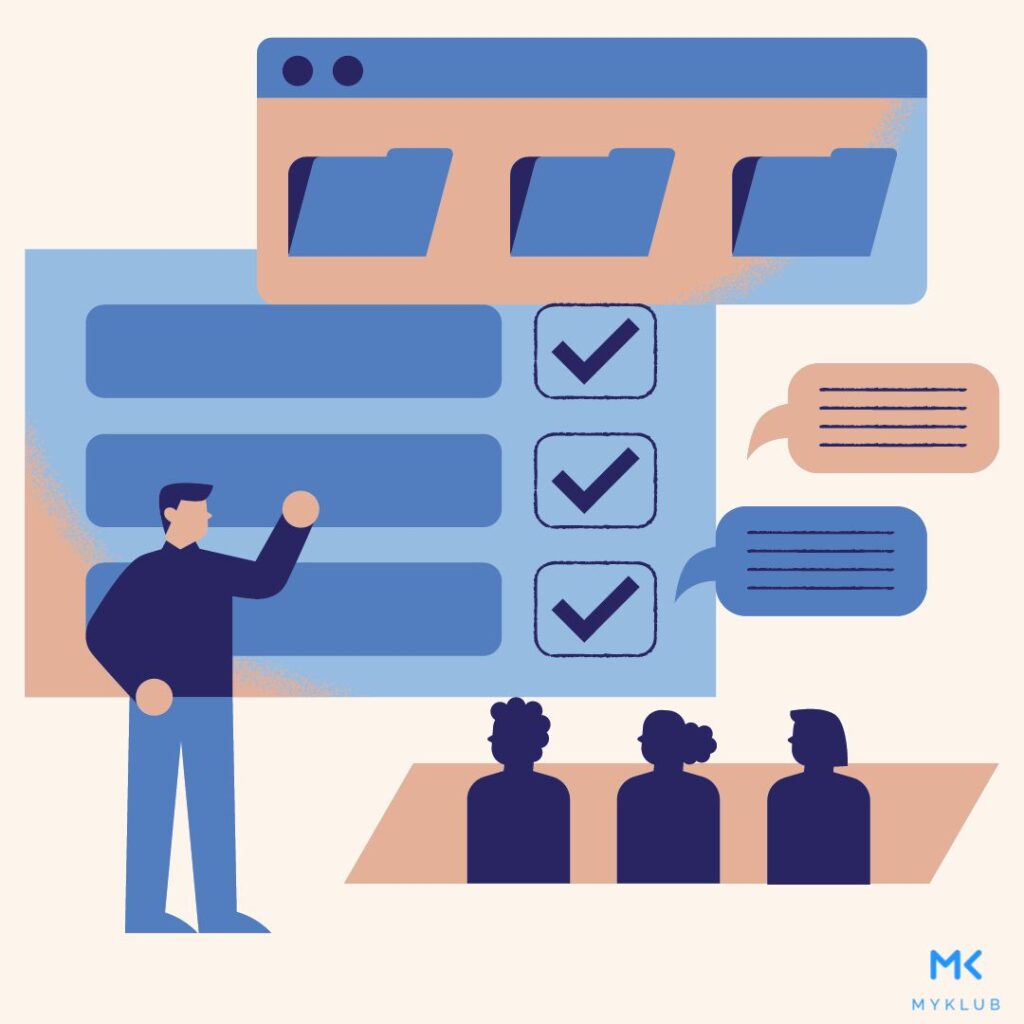In the world of online coaching, know how to lead a session is a key skill for delivering an engaging and effective experience. A well-facilitated session strengthens the coach-coachee relationship, ensures quality follow-up, and fosters the transformations expected by participants. This article will guide you through best practices for lead an online coaching session, with concrete examples to help you perfect your approach.
Preparation: The key to a successful coaching session
Preparation is key to ensure that every online coaching session goes smoothly. Here are some steps to follow before launching your session:

1. Plan the content of the session
Before you begin, clearly identify the objectives of the session. What do you want your coachee to get out of it? What are the themes to be covered? This preparation will allow you to structure the session in a coherent manner.
Example : If you are coaching an entrepreneur on team management, your goal may be to provide effective communication tools to improve collaboration.
2. Technical verification
Online coaching involves mastering digital tools. Make sure your videoconferencing platform (Zoom, Teams, MyKlub, etc.) is working properly, that your microphone and camera are of good quality, and that the internet connection is stable.
Trick : Always have a plan B in case of technical problems (for example, schedule a phone call if the video conference fails).
Creating an environment conducive to online coaching
The digital environment is just as important as the physical environment during coaching sessions.

1. Set ground rules
To maintain a professional framework, it is advisable to set rules at the start of the sessionThis includes time management, respecting everyone's word and the importance of staying focused throughout the session.
Example : “We will spend the first 10 minutes on background, then we will discuss communication strategies for 30 minutes.”
2. Foster trust and commitment
Encourage your coachee to express themselves freely. Communication is one of the key elements in a coaching relationship. Ask open-ended questions to encourage reflection and sharing.
Example : “What challenges have you encountered since our last session, and how did you address them?”
Structure the coaching session
A good structure ensures that you stay focused on the goals of the session.

1. Introduction
Start with a quick one recap of the previous session and a review of the objectives of the current session.
Trick : Take a few minutes for an emotional “status check.” This helps connect the coachee to the present moment and get invested in the session.
2. Body of the session: Solving problems
This phase is the heart of coaching. Apply tools, exercises or questions to guide your coachee towards the resolution of its challenges or the achievement of its objectives.
Concrete use case : A personal development coach can, for example, use a visualization exercise to help a client project themselves into a situation where they express more self-confidence.
3. Conclusion: Action plan and feedback
End each session by establishing a clear action plan and concrete goals. for the next session. Encourage your coachee to give feedback on the session, to find out what was most useful or what could be improved.
Example : “At the end of this session, I suggest that you implement these two conflict management techniques between now and our next meeting.”
Use interactive tools to energize the session
Technology offers powerful tools for increase interactivity and engagement during your online sessions. Platforms like MyKlub allow you to integrate several useful features, such as quizzes, live polls or collaborative boards.

1. Use visual tools
Tools like virtual whiteboards (Miro, Jamboard) are particularly effective for illustrating concepts or working on collaborative projects in real time.
2. Use surveys and quizzes
These features help to gather live information and maintain a high level of interactivity throughout the session.
Example : During a business coaching session, use a survey to assess the different priorities of your coachees and adjust your support accordingly.
Managing Difficult Times: Techniques for Staying on Track
As with any human interaction, moments of friction or blockage can arise. Here are some strategies to overcome these obstacles:

1. Active listening to defuse blockages
If your coachee seems frustrated or uncooperative, practice active listening. Repeat what he says to show that you understand him, and suggest questions that will get him to open up more.
2. Reframe difficult questions
When you are dealing with sensitive topics, rephrase your questions so that they are more open and less confrontational.
Example : “Instead of asking, 'Why didn't you achieve this goal?' try, 'What kept you from making progress on this goal?'”
3. Flexibility in approach
Every coachee is different, and it's important to be flexible. If one approach isn't working, don't hesitate to try something else.
Post-session monitoring and evaluation
Online coaching doesn't stop at the end of the session. Regular follow-up is crucial to ensure your coachees continue to progress.

1. Send a personalized report
After each session, send a summary in the form of a report points discussed and actions to be taken. This helps to clarify what was said and to keep the coachee in a dynamic of progression.
2. Plan milestones
Set interim appointments to assess progress against defined objectives. This regular follow-up motivates your coachees to stay on course and focus on their priorities.
The specific advantages of MyKlub for hosting an online coaching session
To ensure the effectiveness of your online coaching sessions, the use of a platform like MyKlub has significant advantages:
- Centralization of tools : MyKlub allows you to manage all of your coaching, including scheduling sessions, sending reminders, and managing payments.
- Personalization : With customization options, you can create a tailored experience for each coachee, increasing their engagement and loyalty.
- Access to replays and resources : Coachees can access recordings of their sessions and shared documents, which encourages independent learning between sessions.
Conclusion
Host an online coaching session requires preparation, structure and mastery of digital tools. By following the best practices presented in this guide, you will be able to offer engaging and effective coaching sessions that will bring value to your coachees.
And to optimize your online coaching, platforms like MyKlub offers all the features necessary to support your coachees in their transformation.

